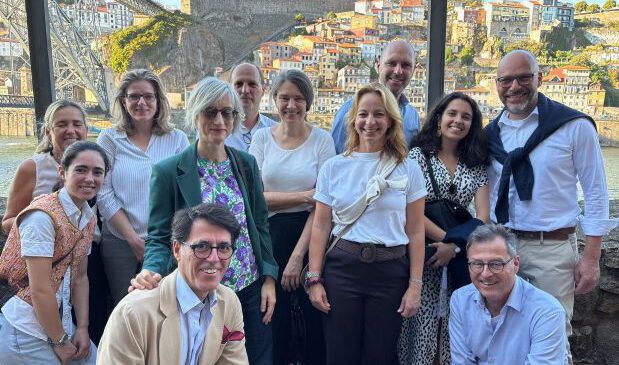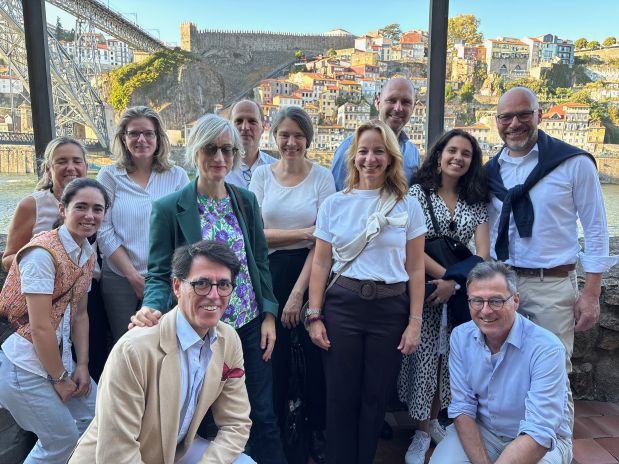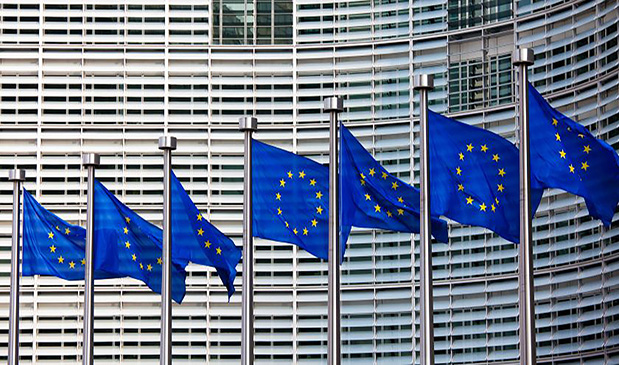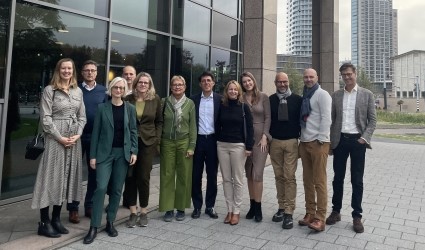‘Battle of forms’ under the United Nations Convention on contracts for the International sale of goods1

Enschede, Netherlands, 1st July 2024
In case contracting parties each refer to the applicability of its own general terms and conditions in the offer and acceptance, the question arises which general terms and conditions apply to the contract. Under Dutch law, this question on the so-called ‘battle of forms’ must be answered using the ‘first shot rule’. The first shot rule states that the second reference to general terms and conditions has no effect unless the second reference explicitly rejects the applicability of the first general terms and conditions. In short: whoever ‘shoots first’ wins, unless the exception situation arises.
If there is a cross-border sale, it must first be assessed whether the CISG applies. In brief, the CISG applies to an international sale of movable goods between two professional parties (B2B). These parties must either be parties to the CISG themselves, or have declared the law of a country that is party to this convention applicable. If both parties point to its general terms and conditions at the contractual stage, the first question is whether those general terms and conditions apply at all. If the answer is yes, the second question is which set of general terms and conditions then applies to the (cross-border) contract of sale. Both questions are answered by the CISG.
In view of the provisions of Articles 14 and 18, in conjunction with Articles 8 and 9 of the CISG, general terms and conditions form part of the contract of sale if two requirements are met. The parties must have expressly or tacitly agreed to the incorporation of those general terms and conditions into the contract at the time of conclusion of the contract and the counterparty of the user of the general terms and conditions must have had a reasonable opportunity to familiarize himself with them.
If this test shows that both the general terms and conditions of the buying party and the general terms and conditions of the selling party form part of the contract, the question is therefore which set of general terms and conditions applies. Under the CISG, the CISG Advisory Council, an international expert group on the CISG, assumes the ‘knock out rule’. In Opinion No 13, rule number 10, the CISG Advisory Council briefly decided that general terms and conditions only apply if the general terms and conditions are substantively similar. General terms and conditions that differ in substance do not form part of the purchase contract concluded between the parties. For this, therefore, ‘knock out’ applies.
In the event that the ‘knock-out rule’ ensures that nothing is settled between the parties on certain subjects, the parties must fall back on the content of the CISG. To the extent that the subjects are also not regulated in the CISG, parties must fall back on the applicable law. Article 4 paragraph 1 sub a Rome I Convention (Regulation (EU) No 864/2007) stipulates that the contract for the sale of movable goods is governed by the law of the country where the seller has his habitual residence. In the event that there is a conflict situation on a subject that is not regulated by general terms and conditions, neither in the contract of sale nor in the CISG, the applicable law will have to be decisive.
Case study: cross-border purchase of pipes in a heat exchanger
In a recent case, we considered a purchase agreement for the purchase of pipes to be installed in heat exchangers. The selling party was based in the Netherlands. The buying party was based in Germany. The buyer in Germany needed the pipes for a major project: the construction of a heat exchanger at a third party, one of its customers. During the installation of the pipes in the heat exchanger, it turned out that the pipes were faulty. Among other things, there were several cracks in the pipes. Due to the breach of the sales contract, the German buyer suffered significant damages. First of all, the buyer had to have the faults investigated by an expert. This involved high costs. Second, the faulty pipes had to be removed piece by piece by the German buyer, and it had to install new proper pipes in the heat exchanger. Finally, the third party demanded a huge penalty from the German buyer for the late delivery of the heat exchanger.
As both the German buyer and the Dutch seller referred to its own general terms and conditions at the contracting stage, the question arose as to which set of general terms and conditions applied to the sales contract. As this was a cross-border sale of movable goods, between two professional parties, both of whom are contracting parties, the CISG applied. Using the CISG, it first had to be determined whether the general terms and conditions of either party applied at all. Then, using the ‘knock-out rule’, it had to be determined which general terms and conditions applied.
Both sets of general terms and conditions differed in substance on almost all points, including on exclusion of damages. On one point, the general terms and conditions agreed in substance: both parties had excluded the applicability of the CISG in its general terms and conditions. Because the general terms and conditions agreed on this point, the CISG did not therefore apply. The general terms and conditions on damages did not correspond in substance, so the knock-out rule applied to these provisions. The legal issue on the right to damages, therefore, had to be determined by the applicable Dutch law.
Do you have questions on this topic, or do you have a dispute regarding an (international) purchase agreement with regard to the Netherlands? If so, please contact us (Mrs. I.K.M. Hoffmann and Mrs L.E.M. Zanderink)
Author: Mrs L.E.M. Zanderink, Damste Advocaten, Netherlands
1hereinafter referred to as: CISG


















